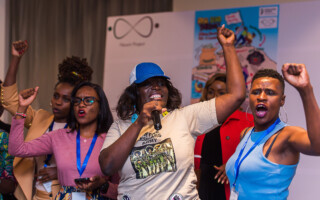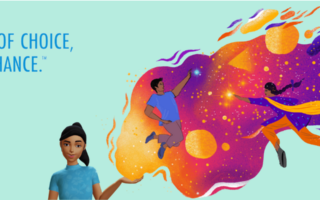The Population Council in New Delhi conducted the largest and most comprehensive longitudinal survey of adolescents ever undertaken in India. This program established levels, patterns, and trends surrounding the quality of transitions to young adulthood among both younger adolescents aged 10-14 and older adolescents aged 15-19 throughout the states of Bihar and Uttar Pradesh.
Why it Matters: Adolescents aged 10-19 years comprise one-fifth of India’s population. India has articulated its commitment to promoting and protecting the health, rights, and development needs of adolescents through numerous policies and programs. Despite these commitments, Indian adolescents remain largely unprepared to transition to adulthood in a globalizing world, as they face low high school completion rates, poor education quality, compromised health, gender-based and socioeconomic disparities, a lack of livelihood skills, and limited employment opportunities. To better understand the transition-related status and needs of adolescents, several strands of research were needed.
The Approach: This study was conducted from November 2014 to March 2022.
What we did:
- Explored the extent to which adolescents acquired a set of assets to help them make a healthy, safe, and successful transition from adolescence to young adulthood.
- Described how adolescents’ possession of transition-related assets and disadvantages changed over time.
- Assessed factors that impact the accumulation or loss of assets and the quality of transitions from adolescence to young adulthood.
- Examined numerous dimensions of adolescents’ lives during their transitions, such as education, health, employment, and gender roles.
The Big Picture:
- This study provided robust insights on how investments influence adolescents’ life course to young adulthood.
- Our findings enable evidence-based decision-making on program scale-up and provide important baseline indicators, against which the long-term impact of programs can be measured.
Partners:
- International Institute for Population Sciences (IIPS)
- International Center for Research on Women (ICRW)
- Public Health Foundation of India (PHFI)
- Young Lives
- Pratham
- Centre for Catalyzing Change (C3)
- National Institution for Transforming India (NITI) Aayog
- Government of Bihar
- Government of Uttar Pradesh
- United Nations Children’s Fund (UNICEF)
- United Nations Population Fund (UNFPA)
- World Health Organization (WHO)
Funders:




